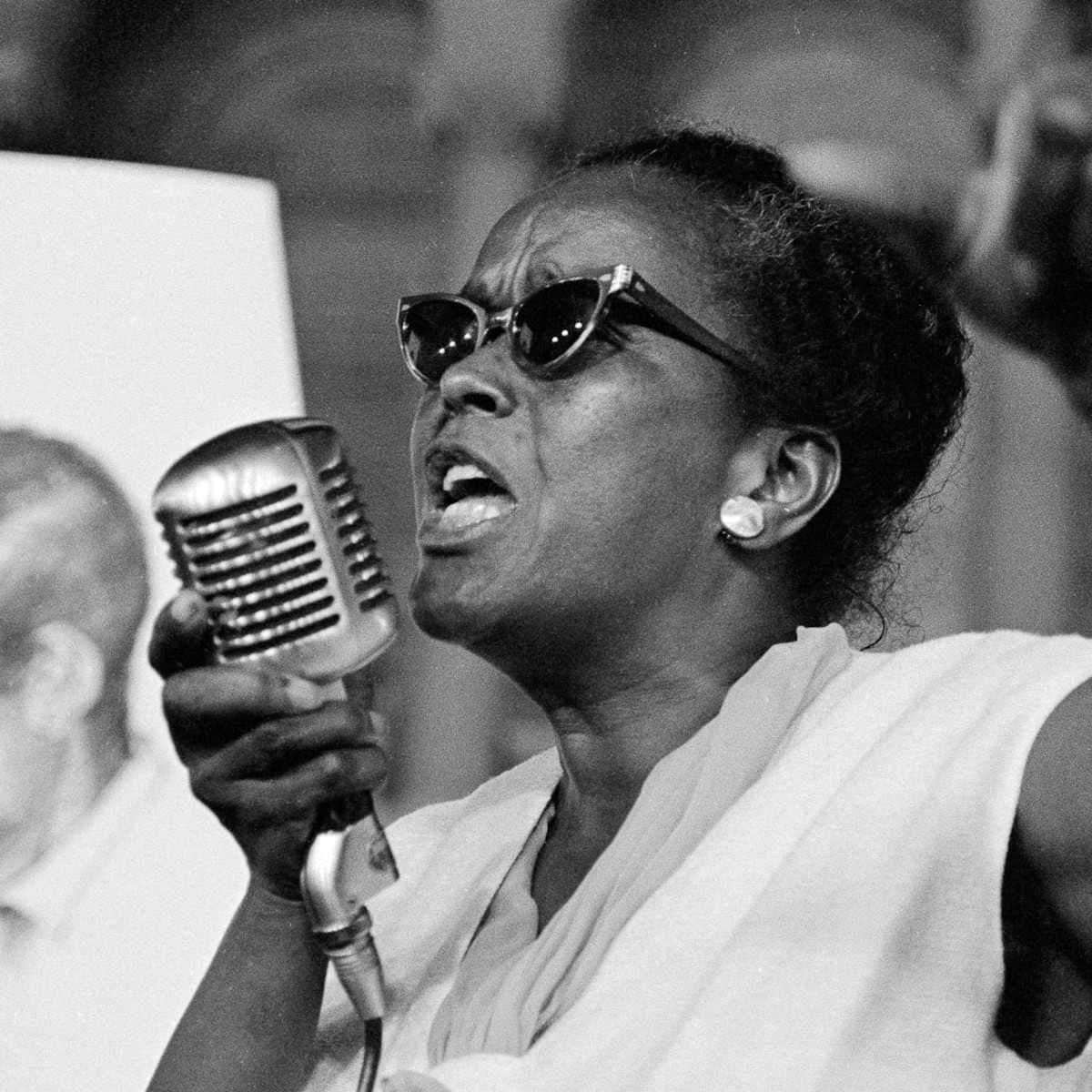
After Martin Luther King Jr. Day, the civil rights movement was thrust into the mainstream media once again. Names like Martin Luther King Jr. and Malcolm X are at the forefront of recognition each year, while leading female figures are often under acknowledged. The women who are behind the spotlight deserve as much praise for their contributions to the civil rights movement.
When thinking of leaders in the civil rights movement, Rosa Parks is one of the first names to come to mind. While she played a major role in the fight for racial justice, she is often the only female figure discussed. However, Parks is far from being the only female contributor to the movement.
Ella Baker, “a major force in shaping the development of the Civil Rights Movement in America” according to the National Women’s Hall of Fame, is considered as one of the mothers of the movement. Baker began her activism early, joining the National Association for the Advancement of Colored People (NAACP) in 1938. Baker quickly rose to a leadership role in the organization, becoming president of the New York chapter in 1952, the first woman to hold such a position.
Her work, alongside King Jr. in co-founding the Southern Christain Leadership Conference (SCLC), heavily influenced the movement, because the organization led so many of the non-violent protests that made the movement so effective.
Perhaps the biggest impact Baker made was felt through the leadership of the aforementioned Parks. In an article by Mary Cronk Ferrell, a former journalist, Baker is said to have “mentored Rosa Parks years before the Montgomery Bus Boycott,” certainly shaping the character that was able to stand up, or rather sit down, for herself and racial justice in 1955.
Parks became one of the most prominent civil rights activists after the famous Montgomery bus incident in 1955, which many historians attribute the start of the civil rights movement to. The incident sparked the Montgomery Bus Boycott, a major turning point that helped galvanize the movement, eventually leading to its success. The boycott also led to the foundation of the Montgomery Improvement Association, presided by King Jr.
Before the boycott, Parks had an alive activist spirit as she was a chapter secretary in the NAACP, and worked closely with other activists such as Edgar Daniel Nixon, according to TIME.com.
Another leading activist, who was also a president of an NAACP chapter, was Daisy Bates, a journalist who presided over the Arkansas chapter. Historically similar to Frederick Douglass, who published his abolitionist newspaper The Northstar 100 years before, Bates published The Arkansas State Press, which advocated for racial justice in Arkansas.
Her coverage of Brown v. Board of Education in 1954 aided in the eventual court decision to integrate segregated schools. According to blackpast.org, Bates played a large role in the integration of Little Rock Central High School, and her home would become the meeting place for the Little Rock Nine, the first nine students selected to desegregate schools.
With Black History Month on the horizon, there has never been a more important time to remember the founding females of the American civil rights movement. Without their contributions shaping modern-day America, the principles on which this country was founded might still have blurred lines today. Although their names are not as popular as Martin Luther King Jr.’s or Malcolm X’s, their voices still reverberate throughout society today, and it is time to give them their heavily deserved recognition.






